Myths about anxiety to know
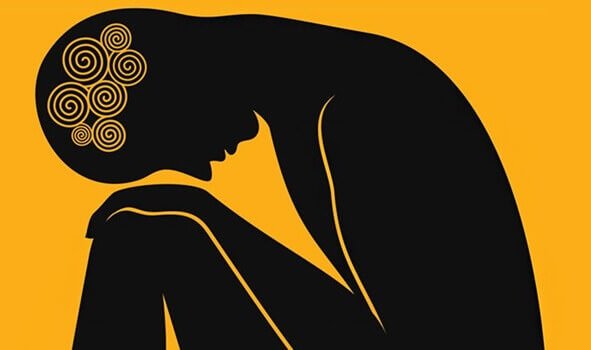
Even today we continue to consider valid some myths about anxiety that do not help at all those who live with this devil, with this entity that devours our calm and our vital balance. No one chooses his own evil, his own disturbance or that black hole from which it is so difficult to trace if the surrounding environment is not favorable or if you continue to maintain wrong ideas as well as harmful.
In this present day, where new social movements continue to emerge that claim rights or seek to give visibility to realities that until recently were imprisoned in silence and repression, one has arisen that must not go unnoticed. Under the lemma "I haven't chosen my disease" we try to highlight the situation that many people are living in which they struggle against depression, bipolar disorder, postraumatic stress, anxiety disorders, etc.. People who, in some way, are guilty and held responsible when they have not actually chosen the suffering they suffer.
Anxiety is an integral part of human nature, but it makes us prisoners when the possibility comes into conflict with reality and the present obsessions with the future.
Adhering to this movement, giving it visibility and voice is important. Firstly, because a large part of the population still continues to navigate the waters of absolute ignorance about mental disorders and illnesses. We cannot forget that one's ignorance is accompanied by the stigma and weight of prejudice.
None of this helps the person trying to get information about what is happening to them; there is more, in many cases it becomes an obstacle to seeking help, because of the thought of "what will they say? In this way, certain vital states are chronicled, which will cause a maximum degree of suffering, to the point of becoming totally disabling. None of this must be allowed or accepted. So, such a simple thing as knowing, clarifying terms and giving visibility to these realities can create more favorable environments.
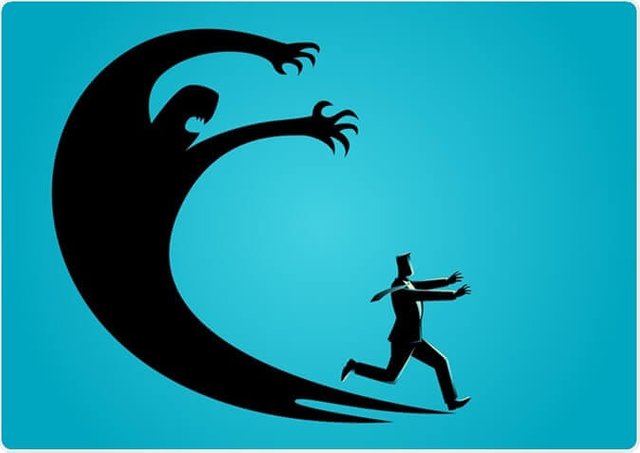
To this end, we present and face some rather widespread myths about anxiety. Let us see them together.
5 myths about anxiety
1. Anxiety is only a chemical imbalance
Today, there are still many health professionals who support the idea that anxiety only responds to a simple chemical imbalance in the brain. This is a half-truth, or rather, an incomplete approach that we cannot give for good.
The reason? We know that offering a patient a drug treatment to regulate serotonin production brings well-being to the person. However, the drug itself does not allow for complete or lasting healing. In many cases, the symptom only decreases during drug consumption.
The idea that anxiety can only be solved by chemistry is not always correct. We need more strategies to complete the treatment.
2. If my parents have had anxiety disorders, I will also suffer.
This is another of the most common anxiety myths: to attribute all our problems, diseases and disorders to genetic predisposition. It is not appropriate and it is necessary to correct the shot: there may be a greater risk, a probability, but never an absolute certainty. However, they can be taken into account as a precautionary measure.
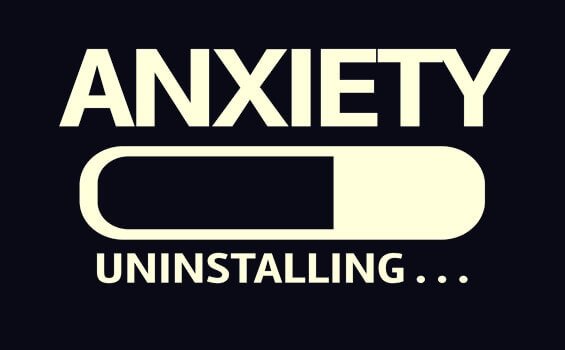
3. If you suffer from anxiety it means that I'm doing something wrong
Generalized anxiety disorder is one of the most common mental illnesses. The impact it has on people's lives is immense, chaotic and outrageous. So, if others convey to us the idea that that suffering is my responsibility because "I do things badly", this will increase even more my discouragement and the desire to meet solutions will diminish.
Firstly, let us remember that anxiety is part of human nature. However, sometimes certain events, the surrounding environment, our past, our predisposition and the way we deal with and process our reality will lead to a greater or lesser risk of developing this disorder.
4. I am anxious, anxiety is part of me and I can't change it.
This is certainly one of the most recurrent myths about anxiety. There are those who believe that anxiety is part of their personality and, therefore, there is nothing to do, there will be no therapy or treatment that can remedy it. Think that is so, point and enough. He identifies anxiety as part of his being, as an innate emotion of his personality.
We must change our approach and adopt a more realistic, logical and optimistic view of anxiety and any other disorder. Anyone can integrate new styles of thinking, better manage their emotions, change behaviours, habits and even re-programme their brains to give them calm, to improve their way of seeing life....
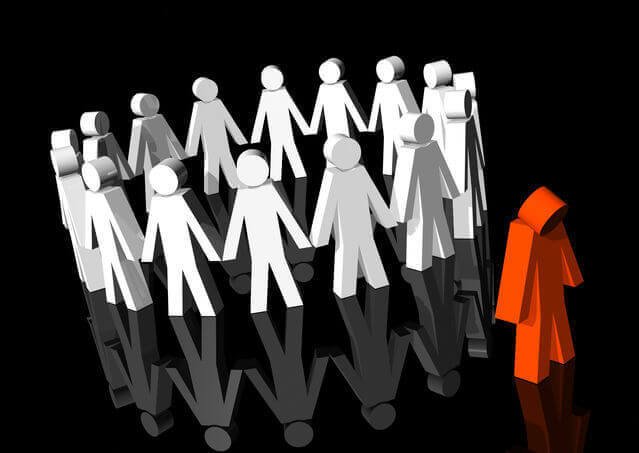
5. Deep relaxation can solve my anxiety disorder
Anxiety disorders are not resolved as if it were a question of finding the solution to an enigma: they must be treated. The word "treatment" has various meanings that you need to know:
- This is an active work by the psychologist and, above all, the patient.
- Treatment implies that the person learns a range of strategies to be applied throughout his or her life, not only until he or she feels better. The state of recovery must be consolidated so that it continues.
- It is vital to understand that anxiety should not be treated with a single approach. Treatment also means research, combination of different strategies: deep relaxation, psychotherapy, behavioural change, meditation, sport, the practice of new pastimes....
To sum up, deep relaxation helps, but you need to use more than one resource to achieve total and permanent recovery. It could be said that they will not often be the times when we resort to multiple strategies in what is the journey to find what is really helpful, what really allows us to calm despair, soothe fears and manage our concerns in a more effective way.
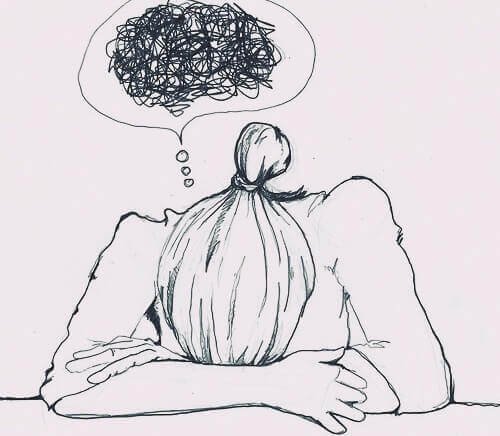
To conclude, myths about anxiety contribute to hinder therapeutic work and the normalization of a disease that can be treated with excellent results. Let us not forget that, today, anxiety is seen as an epidemic and has a greater incidence in the younger population. It is therefore necessary to implement the appropriate prevention measures and facilitate strategies that make it possible to understand that there is no reason why the mind should go faster than life.